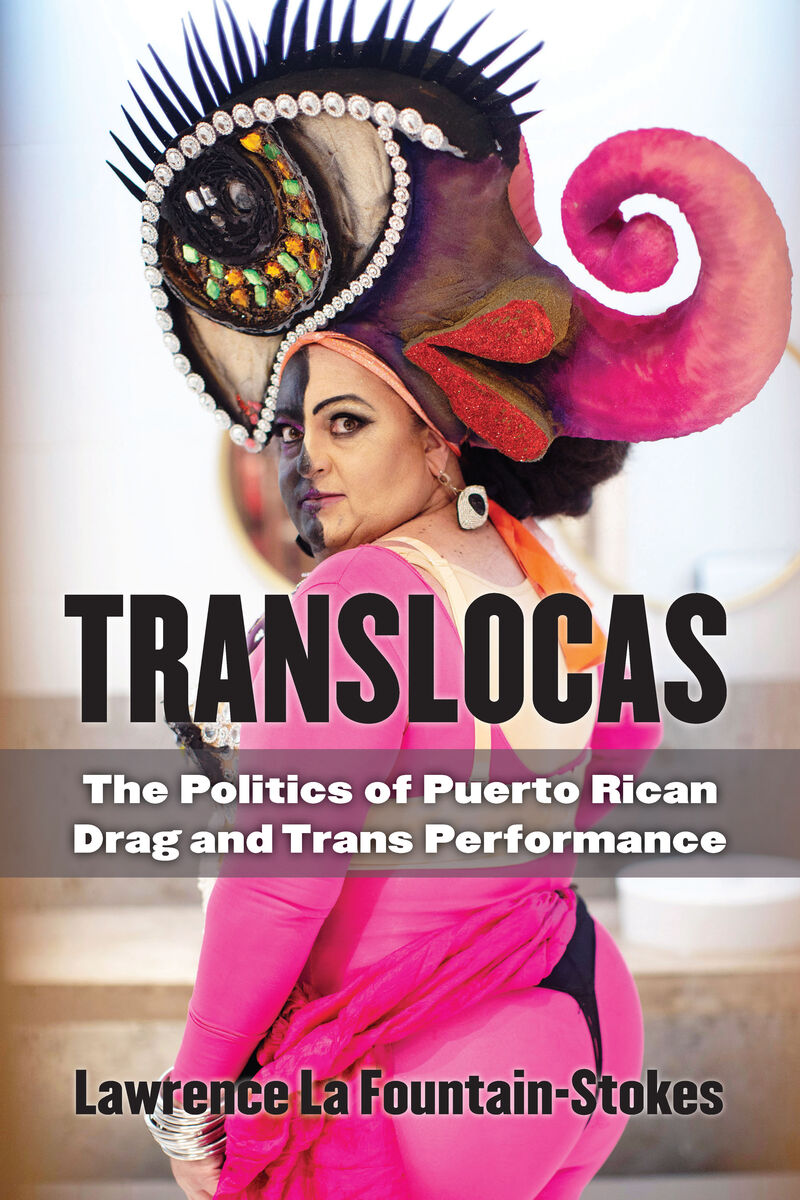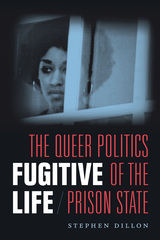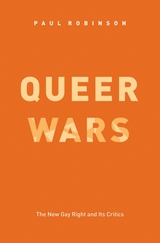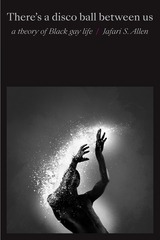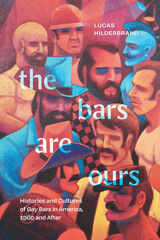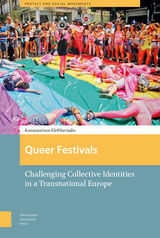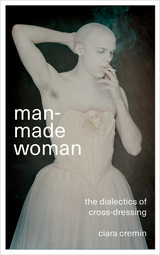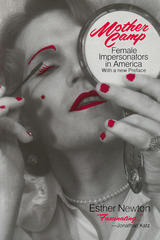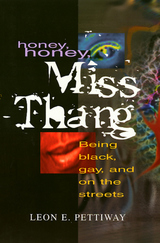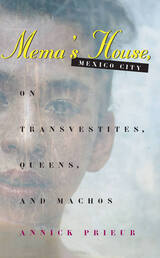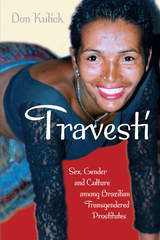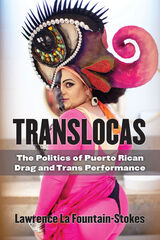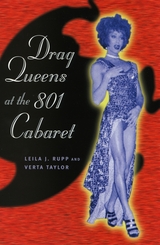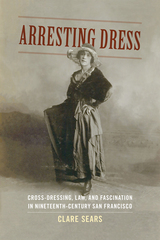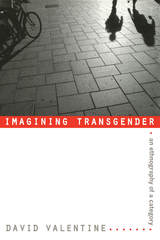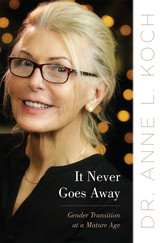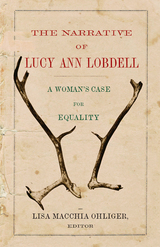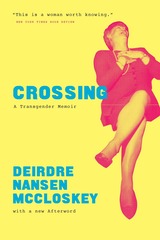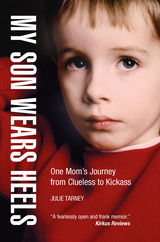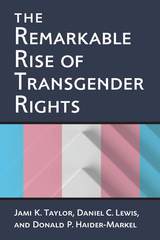"Impeccably researched and offering a wealth of information about Puerto Rican drag and trans performance, this book succeeds in summarizing and explaining a diverse, complex and polemical visual, literary and scholarly corpus—and proposing theoretically innovative and compelling, decolonial readings of Puerto Rican performative cultures.”
—Arnaldo Cruz-Malavé, Fordham University
— Arnaldo Cruz-Malavé
"El libro es un acto de amor por la comunidad cuir puertorriqueña en tanto pone en marcha el neologismo de transloca para entender, documentar y visibilizar en la academia norteamericana el trabajo de personas que no necesariamente se ajustan al performance tradicional blanco del drag show estadounidense."
—CENTRO Journal
— CENTRO
"Highly recommended."
—CHOICE
— CHOICE
Co-winner: Center for Lesbian and Gay Studies (CLAGS) at the City University of New York 2021 Sylvia Rivera Award in Transgender Studies
— CLAGS Sylvia Rivera Award in Transgender Studies
“Translocas connects a range of artistic, cultural, and political activists/performers to offer a complex view of Puerto Rican-diaspora contexts in contemporary-global times, and presents a historical account of artists, performers, and activists who have played an important role in LGBTQ culture and across socio-political and cultural spheres in Puerto Rico and its diaspora.”
— Jossianna Arroyo-Martínez, University of Texas
— Jossianna Arroyo-Martínez
"La Fountain-Stokes’s readings provide richly descriptive ethnographic analyses of Puerto Rican drag performers and performances."
—LA Review of Books
— Marcos Gonsalez, La Review of Books
"Translocas creates a much-needed embodied archive that has been excluded and even erased from the historical record. ...Shedding light on the transloca practices of representing geography, gender identity, and sexuality, this book makes a significant contribution to gender and sexuality studies and to Caribbean and Latinx literary, theatre, and performance studies while also filling a void of Latinx trans history in the field of queer studies."
—Modern Drama
— Modern Drama
"Translocas offers multiple moments when the reader can supplement La Fountain-Stokes’s writing with the mediated, creating a book that is more than its pages. In the end, La Fountain-Stokes’s Translocas models the inventive craft of the translocas themselves and, therefore, further honours the art of their ever-enduring performances."
—Performance Research
— Performance Research
Honorable Mention: Puerto Rican Studies Association (PRSA) 2022 Frank Bonilla Book Award
— PRSA Frank Bonilla Book Award
"This, the most complete and theoretically sophisticated reference work currently available to approach performances studies and the drag and trans performances of Puerto Rican artists of the last decades, was written by one of its most lucid scholars."
—Revista Iberoamericana (translated)
— Revista Iberoamericana
"La Fountain-Stokes weaves queer history, performance, theory, and personal experiences effortlessly as he elaborates on the politics of transformation. ...I recommend this book not only for its innovative approach to the study of gender and sexuality but also for its meticulous investigation that allows for race, class, and migration to be examined simultaneously as well."
—Sexuality, Gender Policy
— Javier R. Franco, Sexuality, Gender & Policy
"Lawrence La Fountain-Stokes's book aims to be a comprehensive work in relation to the works of representation of transgenderism in television, film, artistic, literary media, and also in non-fiction genres, such as ethnographic and sociological research. Despite this macro-objective or, rather, acknowledging the complexity of said task, the reflective commitment of the author allows us to recognize his position in the face of the artifacts and performances that he analyzes, which entails valuing his interpretations and arguments as a committed academic exercise, but both rigorous and critical, about trans and drag in the actions of Latinx and Latin American subjects, artists, and activists."
—Tesis(Lima)
— Tesis(Lima)
"Translocas is an interdisciplinary study that stresses the importance of a translocal and decolonial analysis of performance as embodied communication. La Fountain-Stokes compellingly builds transloca performance as a theoretical framework that will shape future research on queer and trans performance in Puerto Rico and beyond."
—Theatre Journal
— Theatre Journal
"[La Fountain-Stoke's] analysis offers us a wealth of clues about the urgent role of queer embodiments, pleasures, and transgressions in the face of multiple forms of colonial, heteropatriarchal, gender, sexual, and racial violence that we live with."
—The Latinx Project
— The Latinx Project
Winner: 2023 University of Michigan Press Book Award
— University of Michigan Press Book Award
